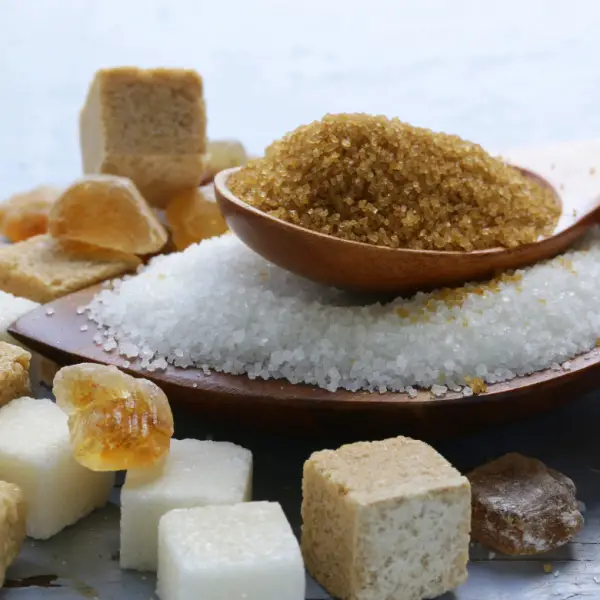Honey, a golden elixir revered for centuries, has long held a place in both culinary and medicinal traditions. Beyond its delightful sweetness, honey has been attributed with various health benefits, including potential immune-boosting properties. As we navigate the landscape of wellness, it becomes essential to discern between age-old beliefs and scientific realities. In this exploration, we delve into the composition of honey, examining its nutritional profile, antimicrobial properties, and the evidence surrounding its impact on the immune system. Join us as we unravel the mysteries behind honey’s potential role in immune health, seeking a deeper understanding that goes beyond the buzz.
The Composition of Honey
Honey, a remarkable product meticulously crafted by honey bees, comprises at least 181 distinct components, making it a complex and unique substance. Primarily composed of the sugars glucose and fructose, honey stands as a supersaturated solution, characterized by its thick viscosity and low water content (15-18%). Derived from flower nectar, which is about 80% water and chemically dissimilar to honey, the transformation process involves enzymatic actions by the bees, specifically the production of invertase. This enzyme facilitates the breakdown of sucrose in nectar into simpler sugars, glucose, and fructose, rendering honey more easily digestible than conventional table sugar.

Beyond sweetness, honey’s composition includes vitamins, minerals, amino acids, enzymes, organic acids, pollen, and aromatic compounds. The meticulous process orchestrated by honey bees involves enzyme additions, regurgitation, and evaporation, resulting in a supersaturated solution that tends to crystallize, a natural occurrence influenced by factors like temperature and impurities. Heating honey can induce chemical changes, causing browning through the Maillard Reaction or caramelization. Furthermore, honey’s color and flavor are influenced by the floral sources from which the nectar is gathered, showcasing the diverse range of honey varieties produced across seasons and regions. In its hygroscopic nature, honey can collect moisture from the atmosphere, emphasizing the importance of proper storage to prevent fermentation. Ultimately, honey, with its intricate chemistry, is a testament to the remarkable abilities of honey bees as nature’s adept chemists.
So Does Honey Boost Your Immune System?
Yes, honey, a natural product with a rich history spanning 5500 years, has been extensively reviewed for its diverse therapeutic benefits. Traditionally used for treating ailments such as eye diseases, asthma, and wounds, honey’s medicinal properties stem from bioactive components like flavonoids and polyphenols, showcasing antioxidant, antimicrobial, anti-inflammatory, and anticancer effects. Scientific literature supports honey’s potential role in managing diseases like diabetes, respiratory issues, cardiovascular problems, and cancer. Its antioxidant activity, attributed to phenolic compounds, makes it a promising dietary antioxidant, combating oxidative stress. Additionally, honey’s antimicrobial features inhibit bacterial growth, and it exhibits apoptotic activity in cancer cells. Honey’s anti-inflammatory and immunomodulatory actions are evident in various studies, reducing inflammatory responses and influencing immune cells. The review underscores honey’s applications in wound healing, diabetes, cardiovascular diseases, asthma, and neurological disorders, while emphasizing the need for further research to fully comprehend its medicinal aspects in clinical practice. In summary, honey stands out as a natural therapeutic agent with widespread potential applications in medicine.

Studies on Health and Honey
- Antimicrobial Properties:
- Wound Healing:
- Cough and Upper Respiratory Infections:
- Anti-Inflammatory Effects:
- Cardiovascular Health:
Conclusion
In conclusion, honey stands as a remarkable natural therapeutic agent, deeply rooted in history and supported by extensive scientific review. Its medicinal properties, ranging from antioxidant and antimicrobial effects to anti-inflammatory and immunomodulatory actions, highlight its versatility in traditional and alternative medicine. The rich bioactive components, including flavonoids and polyphenols, contribute to honey’s efficacy in treating diverse ailments such as diabetes, respiratory issues, cardiovascular problems, and cancer. The antioxidant prowess of honey, attributed to phenolic compounds, positions it as a promising dietary ally against oxidative stress-related conditions. Its antimicrobial attributes, coupled with apoptotic activity in cancer cells, underscore its multifaceted potential.


